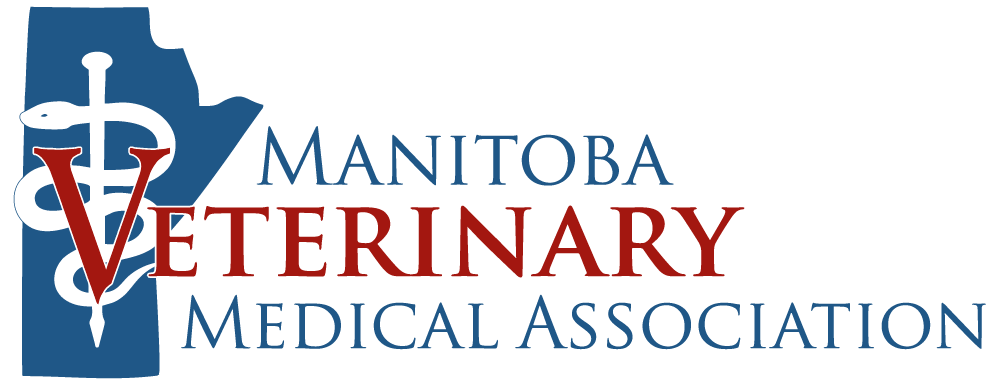As of June 1, 2024, The College of Physicians & Surgeons of Manitoba, the College of Registered Nurses of Manitoba, and the College of Pharmacists of Manitoba have authorized the following changes related to the M3P Program:
- The temporary guidance implemented for M3P prescriptions during the pandemic is now permanent.
- M3P booklets are being phased out.
- Prescribers are strongly encouraged to use the following templates for M3P prescriptions.
Prescriptions for M3P drugs now must be faxed directly to a pharmacy of the patient’s choice using the following methods:
- A prescription electronically generated.
- A handwritten prescription.
The new M3P Prescription Requirements, Electronically Generated M3P Prescription Template, and Handwritten M3P Prescription Template are available in Alinity. Can also be found in Alinity “Groups” –> “Member Information” –> “M3P Requirements & Templates.” If you have any questions about the templates, please email michelle@mvma.ca.
Unfortunately, pharmacies will no longer accept emails or prescription pads. Vets must fax the prescription, or give it to the client to take to the pharmacy. It’s important to note that if using an electronically generated template, the prescriber must sign the prescription by hand (fill out electronically, print, sign by hand). Additionally, the client must fill the prescription within 3 days.
Clinics without fax machines are encouraged to look into mobile fax apps (HP Smart App, FaxZero, pdfFiller, etc.) to find a system/app where you can fill out a PDF and fax it from your device.













